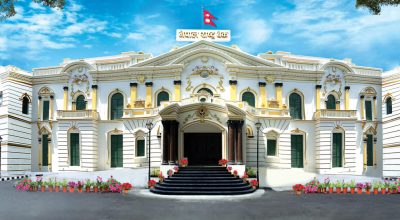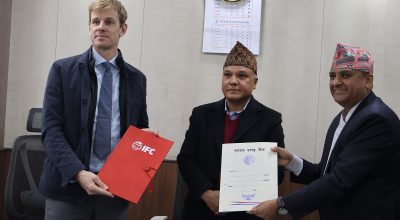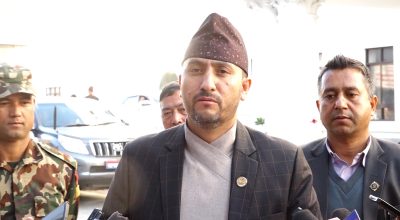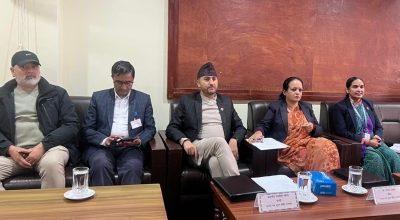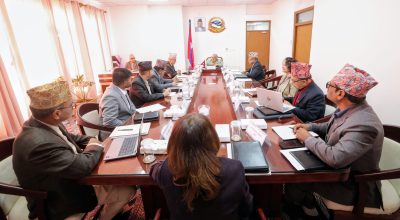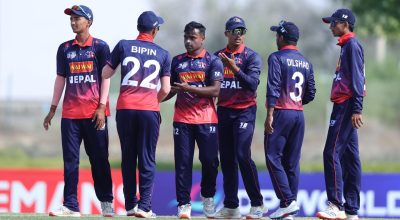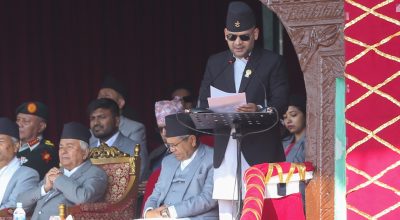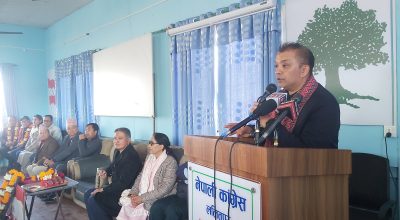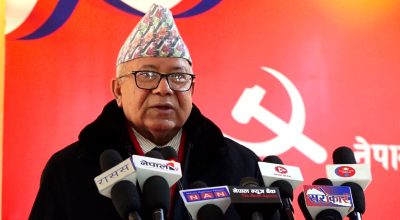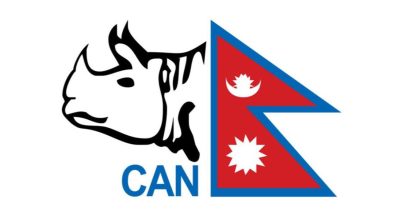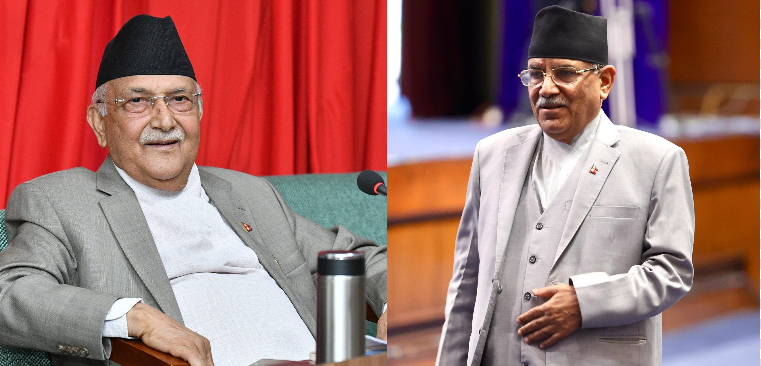
Kathmandu, June 20: The relationship between Prime Minister Pushpa Kamal Dahal ‘Prachanda’ and CPN UML Chairman KP Sharma Oli has been increasingly strained, marked by significant conflicts over budgetary allocations and political appointments. Initially, their partnership within the government seemed cooperative, but recent events have highlighted deepening discord.
One major point of contention has been the budget preparation process. Oli has voiced his dissatisfaction with the way the budget was developed, arguing that there was insufficient discussion and that the ministries controlled by UML received unfair budget cuts. This dissatisfaction is not merely about numbers; it represents a struggle for influence and control within the coalition government. Oli’s move to direct his MPs to criticize the budget reflects a strategic effort to assert his authority and push back against what he perceives as Dahal’s overreach in prioritizing his party’s interests.
Political appointments have further fueled the tension between the two leaders. The process of appointing the chair of the Security Board of Nepal (SEBON) has become a flashpoint. Oli has pressured to have his preferred candidate appointed, causing significant delays and highlighting the lack of consensus in decision-making. This struggle over appointments underscores the broader issue of control and influence within the coalition, with both leaders seeking to consolidate their power by placing loyalists in key positions.
The relationship between Dahal and Oli is marked by a complex mix of cooperation and conflict. Budget disagreements, political appointments, diplomatic decisions, and constitutional issues have deepened their rift. This tension jeopardizes the coalition’s stability and the government’s functionality as both leaders vie for greater control and influence.
Diplomatic decisions have also been a source of friction. Significant actions, such as the recall of Nepali ambassadors from 11 countries, have been heavily influenced by Oli. This indicates his substantial sway over government actions, often at the expense of Dahal’s input. Such moves suggest a power dynamic where Oli’s influence extends beyond his official remit, undermining the collaborative spirit necessary for the coalition’s stability.
The dynamics within the coalition are further complicated by Dahal’s history of shifting alliances. Previously, Dahal has switched his support between UML and the opposition Congress party based on strategic needs. This history of political maneuvering adds an element of uncertainty to the current coalition, as it implies that Dahal might once again realign his alliances if it serves his interests better. This potential for realignment is a constant undercurrent that affects the stability of their partnership.
Constitutional and policy issues have also played a role in the growing rift. Differences over matters such as the inclusion of the term “people’s war” in the budget have highlighted ideological and strategic divides. These differences are not merely symbolic; they represent fundamental disagreements over the direction and priorities of the government, contributing to the overall instability of their relationship.
According to political pundits, the relationship between Dahal and Oli is characterized by a complex interplay of cooperation and conflict. Budgetary disagreements, political appointments, diplomatic decisions, and constitutional issues have all contributed to a growing rift. This tension threatens the stability of their alliance and the effective functioning of the government, as both leaders continue to vie for greater control and influence within the coalition.





